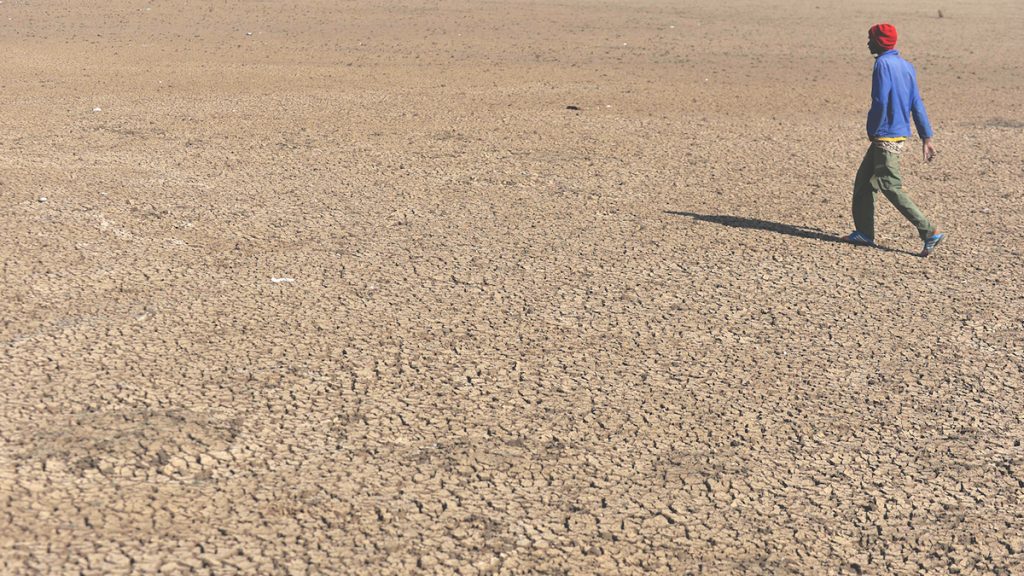SOLOMON TJINYEKA
Botswana rural communities living close to wildlife, especially in the North West district face a double whammy of unprecedented drought and escalated human wildlife conflicts.
Data obtained from University of California Santa Barbara’s climate Hazards Centre indicate that the country had the least rainfall or close to it since records began in 1981. Botswana just like other Southern African countries suffered the driest February in decades that wiped out crops, precipitated power shortages and threatened to send already high food prices surging further.
Communities in the Okavango district are already counting loses after elephants raided on their farms and destroyed all the crops they have planted with the hope that they will harvest. Residents decried that this year human wildlife conflict incidents have increased due to ongoing drought which is now forcing elephants to move closer to their settlements searching for water and food.
A resident of Etsha, Kambathi Siheko said majority of them practices farming, they grow crops along the river while other rear livestock on a small scale. Siheko stated that this year is even worse as they face drought and human wildlife conflict at the same time.
He explained that due to low rainfall experienced this year, many farmers made a loss as they did not harvest their crops because elephants raided their farms and destroyed all their crops. ‘Some of them had planted watermelons because they are drought resistant but they came empty handed as elephant raided their farms,’ he stated.
Following the calamities they have endured , they have now turned their hope on their community trust, Okavango Jakotsha Community Trust.
Siheko explained that their trust represent interest of three villages of Etsha , Ikoga and Jao. ‘Since the trust was formed in the early 90s, we have been practicing photographic tourism after we were given resources user rights to NG 24 by Tawana land board,’ he noted
Siheko further explained that the trust had collapsed few years ago and it was resurrected in 2018 by some visionary youth in the village. He however said they have approached government to allocate them NG 7 concession so that they can use it for trophy hunting.
‘We have approached the government about NG 7 concession, we want to hunt in this area as this will mitigate against elephants that destroy farmers’ fields’, he said adding that the money gained from hunting will compensate farmers whose crops were destroyed by these elephants. He said hunting scare away elephants from coming closer to their fields.
He also suggested that another solution which might be practical is to drill some boreholes along elephants corridors so that they don’t come to human settlements. ‘If we are given the concession, we will be conducting some daily patrols so that we scare them from entering into our ploughing fields,’ he said
